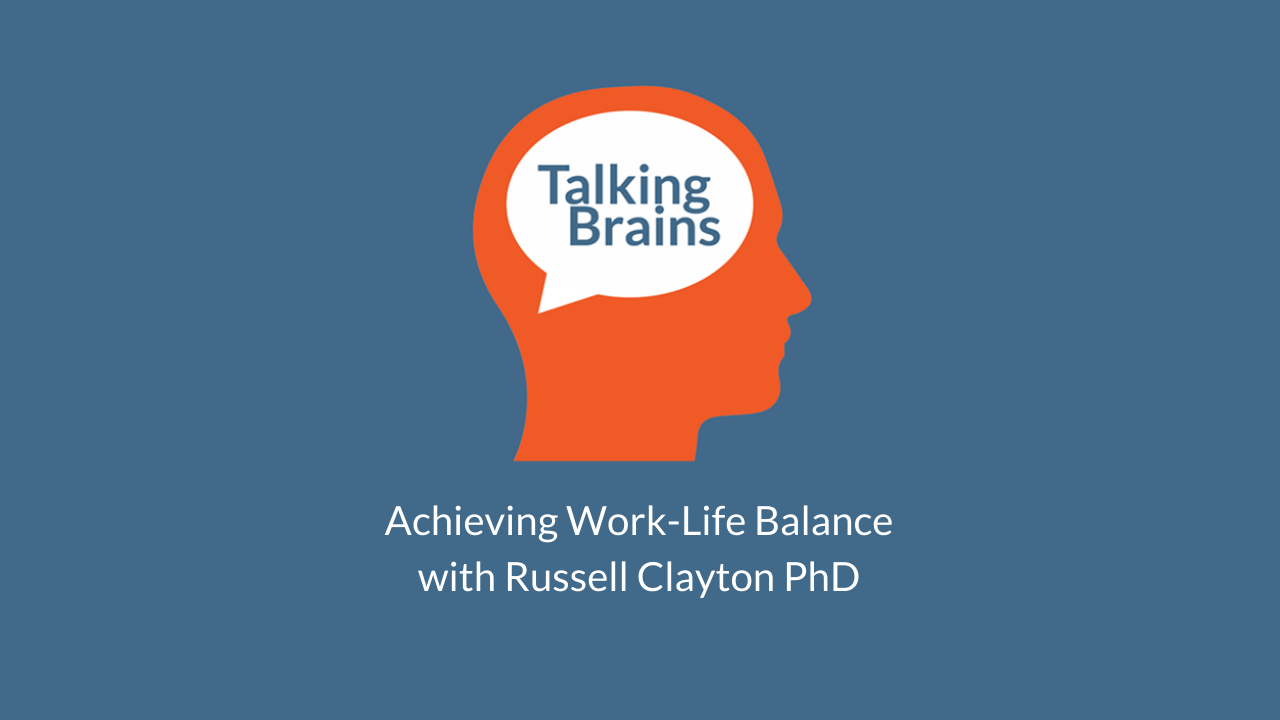25 Ways to Be Successful at a New Job
Follow these tips to have a better work experience.
From working with clients starting a new job or entering a new field of work, here are 25 tips I recommend:
1. Your parents should never contact your employer.
Never have your parents contact your employer to solve your issues. The only time your parent should contact your employer is if you are very, very sick and can’t contact your employer yourself.
2. Show up on time.
If your employer says you need to start work at 8:30, then show up at that time. Not 8:45. Not 9. Not 9:30. 8:30. Figure out your schedule and commute so you show up on time. It is not your employer’s responsibility to alter the schedule around you.
3. When you are asked to do required tasks, respond respectfully and willingly.
When an employer asks you to do a task that you are responsible for, do that task without being indignant or annoyed.
4. Be a self-starter.
Even better than #3 above, do the required task before your boss has to ask you to do it. If doing task X is part of your daily routine, do task X on your own, without prompting. See something that needs to be picked up? Do it.
5. If you don’t know something, ask.
You are not expected to know everything. If you have questions, ask. Before you do that, check in with yourself and see if you really do know the answer. It could be that you are feeling insecure, and need someone to tell you that you are doing okay. That is different than really not knowing the answer to something.
6. You have freedom of speech, and consequences to that speech.
Yes, your freedom of speech is covered under the Constitution. But if you are rude to a customer and are fired because of it, that isn’t protected by the Constitution. You still have the full consequences of your speech. Choose your words and your attitude carefully.
8. If your employer schedules a phone call with you, you need to be on that phone call.
If you have a scheduled phone call with your employer, you need to be on that phone call. Period. This is not optional.
9. Unless you have a service animal, do not bring your animal into your workplace without notifying your employer in advance and getting a clear okay.
Service animals, trained to complete tasks for a person with a disability, are protected under law, and can go anywhere that person goes, including the workplace. Emotional support animals (ESA) are not protected by law. Do not bring your ESA into the workplace without talking to your employer first, and getting their clear permission. Keep in mind that coworkers can have allergies, asthma, or a fear of animals. Seriously consider not bringing your ESA into the office. Do you *really* need your dog there? Answer this question honestly.
10. Put your phone down. Better yet, put it away.
You can’t do work tasks, text your friends, and post on social media at the same time. Put your phone down when you are working. Better yet, put your phone in a drawer or in a purse. Turn it off, or put it on silent and turn off notifications. You are getting paid to work, not post on Instagram. If posting on Instagram for your employer is part of your job, be careful about slipping into posting on your personal account.
11. Your friends and family, unless they work with you, shouldn’t hang out at your workplace.
Your friends and family should only show up if there is something that needs to be dropped off, and then they need to leave. There is a difference between your spouse dropping off your lunch at work, and your spouse sitting with you at your desk. There should be a brief “here you go” and leave. And do not do public displays of affection at your workplace.
12. Know your employee handbook, and the unwritten rules of the workplace.
Actually read your employee handbook, and know it. Also know the unwritten rules of the workplace. These are the rules that your workplace uses that aren’t in the handbook. For example, a school handbook may say that the assistant principals and the principal are who you go to for questions. However, the unwritten rule is that the administrative staff and the custodial staff are who you go to for questions. You learn these unwritten rules by observation and by asking.
13. If you are asked to do a task and it is not illegal or unethical, DO IT.
If you are asked to do a task, do the task. It’s pretty simple. If you don’t know how to do a task, learn how to do it, through research or asking someone. The task isn’t on your job description? Do it anyway. Tasks that aren’t on your job description may be assigned to you because a) the employer doesn’t realize it’s not on your job description; b) the job description is a guideline of what you are responsible for, not an entire list; c) the person who does that job is out that day, the task needs to be done, and you were deemed responsible enough to handle it; or d) your employer is seeing if you may be competent enough to be promoted.
14. Accept constructive criticism graciously, and learn from it.
Constructive criticism is how you learn and grow. It is done in a respectful manner. It is not personal. Your employer is letting you know areas where you could benefit from some growth. News flash – you aren’t perfect. That is understood. Your employer is not expecting you to be perfect (if they are, that’s another story). What your employer is expecting is that you can learn from constructive criticism. Listen to what your employer has to say without interrupting or becoming defensive. If you disagree with something your employer said, wait until they are done talking. Then present the factual reasons (not emotional ones) for why that information is incorrect. And you better have some solid examples.
15. Accept that you won’t be thanked for everything – or at all.
If you are expecting praise or appreciation every time you complete a task, you will continue to unhappily hop from job to job. While having someone say “thank you” or tell you that you are appreciated is nice, it is not a requirement. If you expect it, you will be sorely disappointed. That is not how the world works. Sometimes you do things to just do them. Just you knowing that you completed a task should be enough for you.
16. Your fear of failure has nothing to do with your employer.
If you are so afraid of failing that you won’t try to do a task, that is on you, not your employer. Don’t spin it to make it look like it’s the employer’s fault. Chances are you’ve had a history of perfectionism, long before you took this job. It is time to take responsibility and get help for this.
17. You aren’t a “phone person”? Learn how to be one.
You may be required to (gasp!) call people on the phone. Not used to doing that or hate it? Well it’s part of your job, so either get used to it or find another job. It is not your employer’s fault if you aren’t a “phone person”.
18. If you are sick, call in sick. But you may be expected to do work from home.
Don’t infect others at your office. If you are sick, call in sick. But you may still need to do work from home. The world doesn’t stop spinning because you are sick. Also, you can still do calls from home even if you aren’t feeling good. If you are so sick that you can’t function, you need to go to the doctor.
19. Your employer is not required to allow you to work from home.
If you were hired to work at an office, you work at that office. To ask your boss if you can just work from home, especially after you just started your job, is pretty preposterous. Your employer is not required to turn your job into a telecommuting job just because you asked.
20. Don’t expect special treatment.
You may not get a lot of “hand-holding” at your job. This means that you may not have someone sit with you and teach you how to do things. You need to take initiative and learn on your own. You can ask for help, and get clarification on assignments. But don’t expect to have someone sit with you and give you praise for completing something on time.
If you are having difficulties with an assignment or with an aspect of your job, talk to your employer. Try your own remedies first, given that they are acceptable in your place of employment.
21. During your first week (at least) at the job, observe.
Your first week (at least) at your job should be a time of observation. Don’t jump in and speak at a staff meeting, unless you are directly called upon. Respect that there are people working with you that know a great deal more than you. Learn from them.
22. If you need accommodations, talk to an ADA or labor attorney.
If you need accommodations due to a disability, consult with an attorney that specializes in the Americans with Disability Act (ADA) or labor law. They can give you an idea of what is involved when you file for protection under ADA. They may ask you if you have tried “informal accommodations” first – if you have ADHD, for example, have you tried meeting with your boss every week to stay on track with projects.
23. Don’t drink at holiday office parties.
It is always better to be sober during holiday office parties. While most holiday office parties are regular, sober get-togethers, when alcohol is involved it can be bad news. Protect yourself by not drinking at these get-togethers. If someone at your office pressures you into drinking (either subtly or directly), say “no thanks” firmly. Ask for club soda with lime, served in a cocktail glass, if you want it to look like you are drinking. Then evaluate if you want to stay at this employer.
24. If your employer says they like your shirt, that is not harassment; any abuse of power is.
If your employer says that they like your shirt, that is not harassment. If your employer says they like your shirt and attempts to touch you, that is harassment. If your employer says they like your shirt and the tone of their voice and nonverbal language implies salaciousness, that is harassment. Look in your employee manual for how to handle harassment. If your employee manual doesn’t include information on handling/reporting harassment, the general rule is you clearly state to the person that their statement or behavior is unwanted. If you are truly concerned for your safety and feel that confronting the harasser puts you in jeopardy, contact a supervisor.
25. Racism and sexism should never be tolerated.
Even if the racist and sexist comments and behaviors don’t directly involve you, you were still present to witness it, and you have a right (and some would say an ethical obligation) to report it. Do not go along with the racist and sexist behavior, as it reinforces it.
Copyright 2018 Sarkis Media
Originally posted at Psychology Today at: 25 Ways to Be Successful at a New Job






